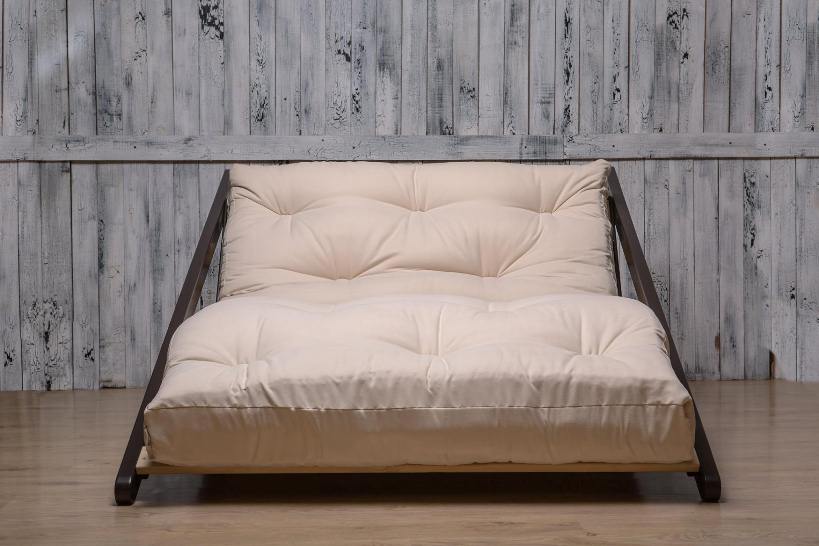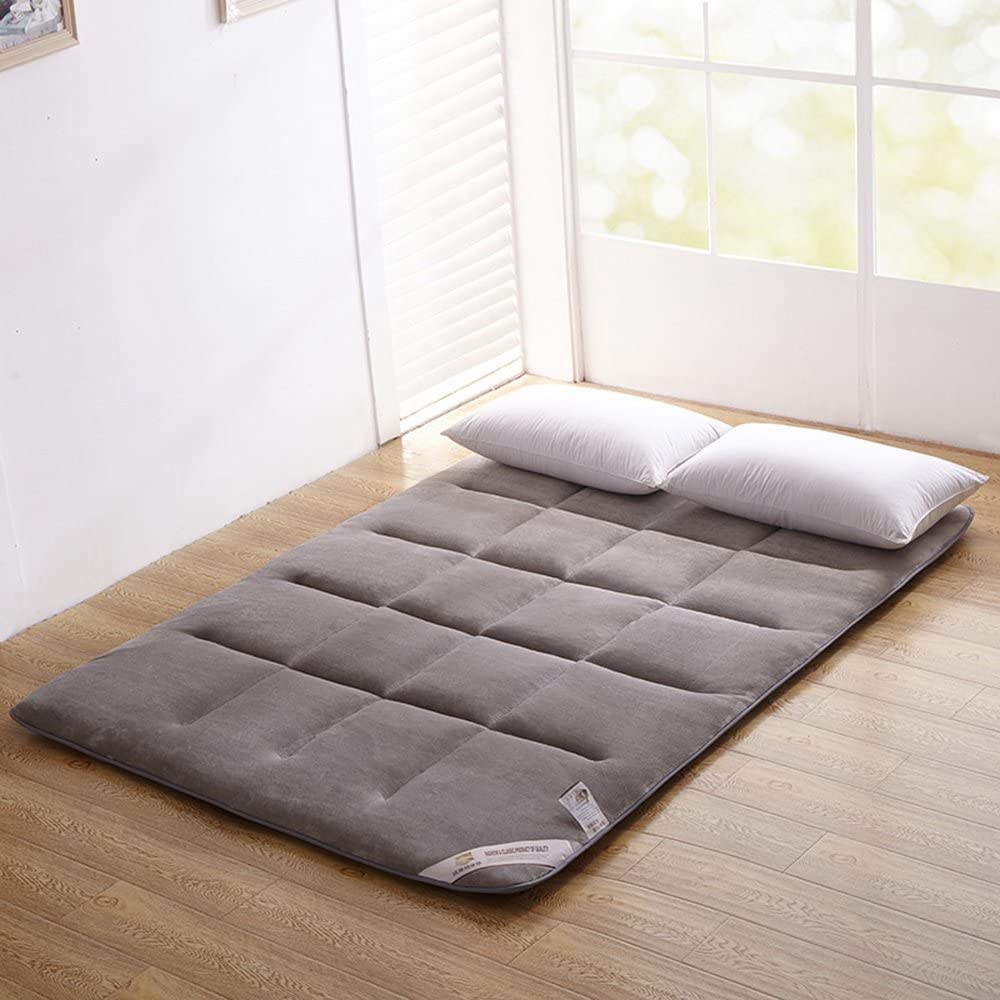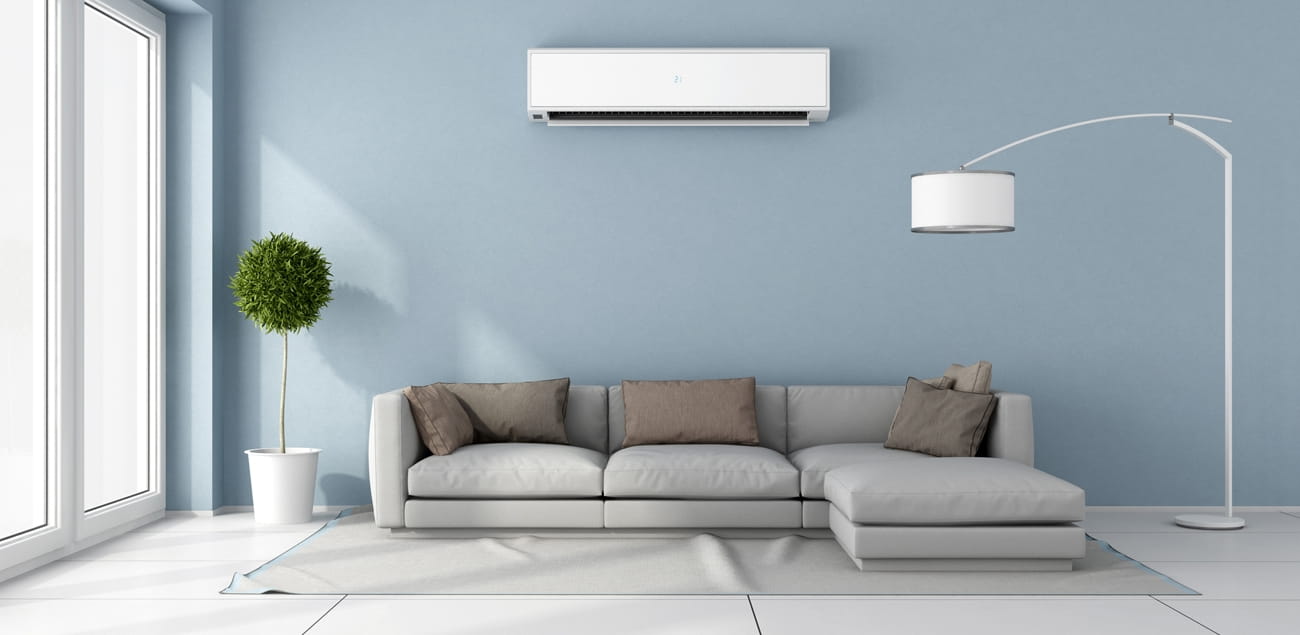Sleep plays a crucial role in your overall well-being. Unfortunately, it’s also something many people underestimate. However, in terms of health importance, getting enough sleep is equal to regular exercise and maintaining a healthy diet.
Sleep is crucial for maintaining a strong immune system, improving your memory and concentration, or reducing stress and anxiety. And that’s just the tip of the iceberg. The question is, though – how to ensure you get enough quality sleep?
Even though many factors affect your sleep, one thing is particularly crucial – your mattress. When it comes to that, two trends have emerged in the past few years. Most Americans choose between futon mattresses and traditional beds.
Which one’s better, though? Let’s find out!
Major Differences
The main difference between a bed and a futon mattress is, of course, the fact you can easily fold the latter on your couch. A traditional bed mattress has been described, for instance, in this Novaform mattress review, which should give you a picture of how they differ in terms of appearance and major qualities.
There’s more to it, though. It’s not just a shape and size that differentiates beds from futons. And with that in mind, let’s take a closer look, shall we?
Futon Mattress
A futon is a Japanese-style mattress. Such mattresses are thin-layered and usually comprise of compressed cotton, polyester, or foam. Futons became popular during the US fascination with Japanese culture.
However, their popularity has increased significantly in the past few years. All thanks to the rise of minimalism. We can divide futon mattresses into two types – Japanese-style and western-style.
A traditional Japanese futon mattress is thinner and more flexible, whereas western ones tend to be thicker. What’s more, since futons are foldable, you can place one on your sofa, bed, or even your floor.
Bed
Bed, is well, a piece of furniture. That’s it, that’s the difference. A traditional bed comes with a frame, box spring, and a mattress. Typically, beds are bigger and more difficult to move than futons, which are more versatile.
Once you pick the bed, it’s not so easy to move it around your apartment. Usually, you’ll have to put some effort into that or ask for someone’s help. However, since it’s firmer, a bed will provide you with more back support.
Pros and Cons
Now that you know what differentiates futons from beds, let’s talk about their benefits and downsides. Both a futon and bed come with different qualities, so it’s good to know a thing or two about them before making the final choice.
Futons
The first benefit of a futon is that it may save you a lot of space. You can place one in your living room, bedroom, and, frankly, wherever you want. Futons can be used as sofa beds and couches, making them a perfect addition if you have limited space in your apartment.
But let’s focus on more important matters – comfort and back support. Unfortunately, when it comes to that, getting a futon isn’t the best option. Since futons are foldable, they can’t be as thick as traditional mattresses, and therefore, they aren’t as good for your back and comfort as beds.
Another con is that futons tend to wear down quicker as they’re in constant movement. That makes sleeping on one quite uncomfortable after some time.
Beds
Since beds are specifically designed to provide you with a good night’s sleep, they’re much more comfortable than futons. What’s more, since they’re sturdier, beds provide people with back support futons can’t match with.
What about the cons? Well, the major one is, of course, the size. Sure, you can get yourself a smaller bed, but it would still be bigger than a futon. Another thing is the price, as beds tend to be more expensive – at least the solid ones.
Which One Should You Choose
As you can see, choosing a bed and mattress is a more complicated matter than most people think. Both futons and beds come with different pros and cons, so you must consider your needs.
For instance, if you live in a small apartment, a futon may be the right choice, as it doesn’t need that much space. However, if you’re looking for a way to improve your quality of sleep, getting a traditional bed is probably the best bet.
It may not be the space-saving option, but a bed will be more comfortable than a futon. It will also offer you more support, making it the best option if you experience back pain.
Also, keep in mind that aside from picking between a bed and a futon, you also need to consider the mattress’s quality. Take your time and choose the option that will suit you best. With top quality bed and mattress, you can say goodbye to your back pain and other sleeping difficulties.








